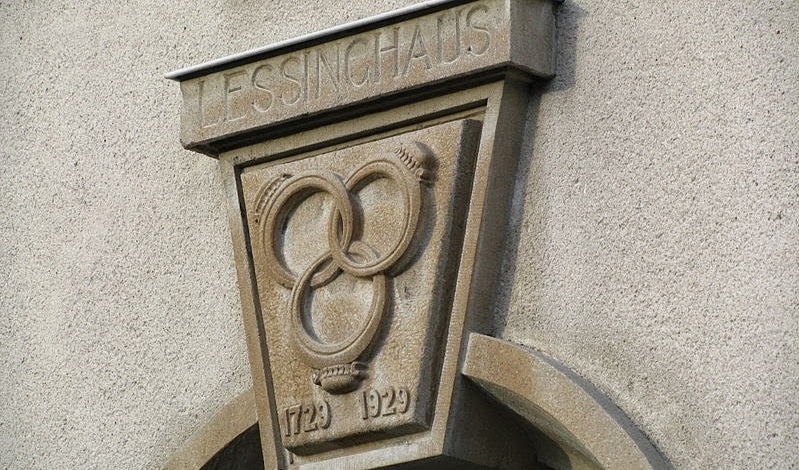The Institute for Cultural Infrastructure Saxony invites you to the international colloquium "Migrant Enculturation and Regional Resilience" on Wednesday, November 18, 2015 (Day of Prayer and Repentance) at Haus Klingewalde in Görlitz.
The colloquium will be opened by the Rector of the Zittau/Görlitz University of Applied Sciences, Friedrich Albrecht, who will report on the enculturation experiences of a German in Ecuador. The speakers will be Werner Patzelt and Christoph Meißelbach (Dresden), Stefan Garsztecki (Chemnitz), Raj Kollmorgen (Görlitz), Anton Sterbling (Rothenburg), Luigi Ferrara and Florinda Monacò (Naples), Milada (Bastná and Antonin Veishar (Brno) and Patrice Neau (Vice President of the Franco-German University).
Discussion partners include the members of the state parliament Thomas Baum, Franziska Schubert, Mirko Schultze and Octavian Ursu.
The colloquium will be chaired by Matthias Theodor Vogt (Chair of Cultural Policy Studies at the Zittau/Görlitz University of Applied Sciences) together with Stefan Garsztecki (Chair of Cultural and Area Studies of Central and Eastern Europe at the Chemnitz University of Technology) and Werner J. Patzelt (Chair of Political Systems and System Comparison at the Dresden University of Technology).
The research project of the same name "Migrant Enculturation and Regional Resilience" is funded by the Saxon State Chancellery and examines the prerequisites for successful integration.
The migration flows currently estimated by the Saxon state government at 40,000 people per year or 1% of the resident population represent a central challenge for politics, administration and civil society. This applies in particular to the administrative district.
On the one hand, the current migration flows are a potential corrective to the previous demographic forecast. On the other hand, the successful enculturation of migrants is a prerequisite for more than just a quantitative gain, particularly with regard to the three fields of 1) Saxony as a high-tech location with little need for under-qualified workers, 2) the political system based on maturity, and 3) the social climate. The demands placed on the predominantly traditional societies of the new arrivals to accept the German value and legal system are enormous; the same applies to parts of the Saxon population.
What are the prerequisites for successful integration? How can parallel societies be avoided?
Ultimately, this is a highly complex task of communication within German society, with migrants and between them, which not only needs to be achieved, but must necessarily be achieved.
Students and staff of the university are very welcome; admission is free. If you are interested, please register with K. Fondis (e-mail: fondis(at)kultur.org).
Contact:
Zittau/Görlitz University of Applied Sciences
![]() Faculty of Managerial and Cultural Studies
Faculty of Managerial and Cultural Studies
Prof. Dr. phil. Dr. habil. Prof. h.c. Matthias Theodor Vogt
Phone: 03581 42094-22
Email: m.vogt(at)hszg.de

